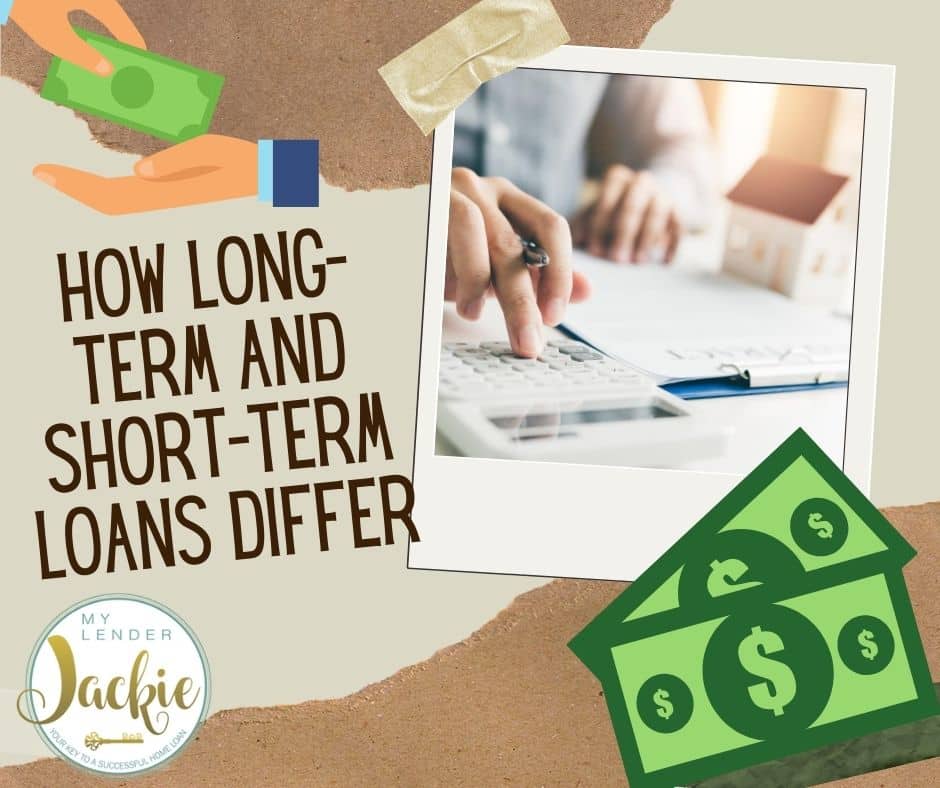How Long-Term and Short-Term Loans Differ – As the pandemic is still a large presence around the country and pandemic induced low-interest rates are still at all-time lows, it is still a good time to consider a refinance. This could also be a good time to take the opportunity to shorten the life of your loan term and be all the closer to owning your home outright. Most homeowners opt to refinance from a 30 year fixed rate mortgage to a fresh 30-year fixed-rate mortgage. This does lower your monthly payment, but it also adds more years of paying off your home and paying interest. Switching from your 30 year mortgage to a 15 year may be a good idea to pay your home of in less time.
A 15-year mortgage loan term can help to save a significant amount of interest.
Refinancing from a 30-year mortgage to a 15-year mortgage could result in paying your loan down faster depending on how many years you currently have left to pay on your current loan. Owning a home outright is the true American dream, and mortgages with lower life terms often have lower interest rates as compared to 30-year mortgages. Additionally, more of your monthly payments go toward paying the principal.
The largest thing to be aware of with a shorter-term mortgage, is that your payment will more than likely rise instead of lower because you are compressing your repayment schedule. This could put a strain on anyone that is already living at the top of their budget, so it is not an ideal option for all homeowners. Another thing to consider is the extra money invested in paying off your mortgage may earn more interest if invested in another area. You will also have less eligible interest to write off on your taxes.
More: Your Credit Score and Your Mortgage
Let’s Look at All of the Pros and Cons of a Short Term Mortgage
Pros
- You pay your home off quicker and are debt-free much earlier
- You have a lower interest rate
- You will pay less interest over the life of the loan
- Equity is built at a faster pace
- Some homeowners may be able to lower their monthly payment depending upon how much lower current interest rates are from your loan rate and the amount still owed on your current loan.
Cons
- Your house payments are likely to be higher
- You might find yourself in a tight financial situation down the road and have less money to cover emergencies
- You could get a better return on investment maxing out retirement accounts, health savings plans, and 529 college savings
- So Should You Switch to a 15 Year Mortgage?
The best candidates to take advantage of the lower interest rates and shorter time period to complete homeownership are those that have a substantial amount of emergency funds saved, are able to make the extra payments without stretching their finances thin, have very little or no high-interest credit card debt, have a healthy contribution to retirement funds, and are fairly certain their job will be secure into the future.
Otherwise, it may be a better idea to refinance to a 30 year fixed mortgage if you have more than 18 years left on your loan, can lower your interest by at least 1%, and plan to live in your home past the break-even point for the fees. With a 30 year loan you can always make higher payments to pay your mortgage down faster while still having the freedom to make the minimum required payment should you need to spend the extra money on other expenses.
If you are looking for help refinancing a mortgage in California please contact me anytime.

